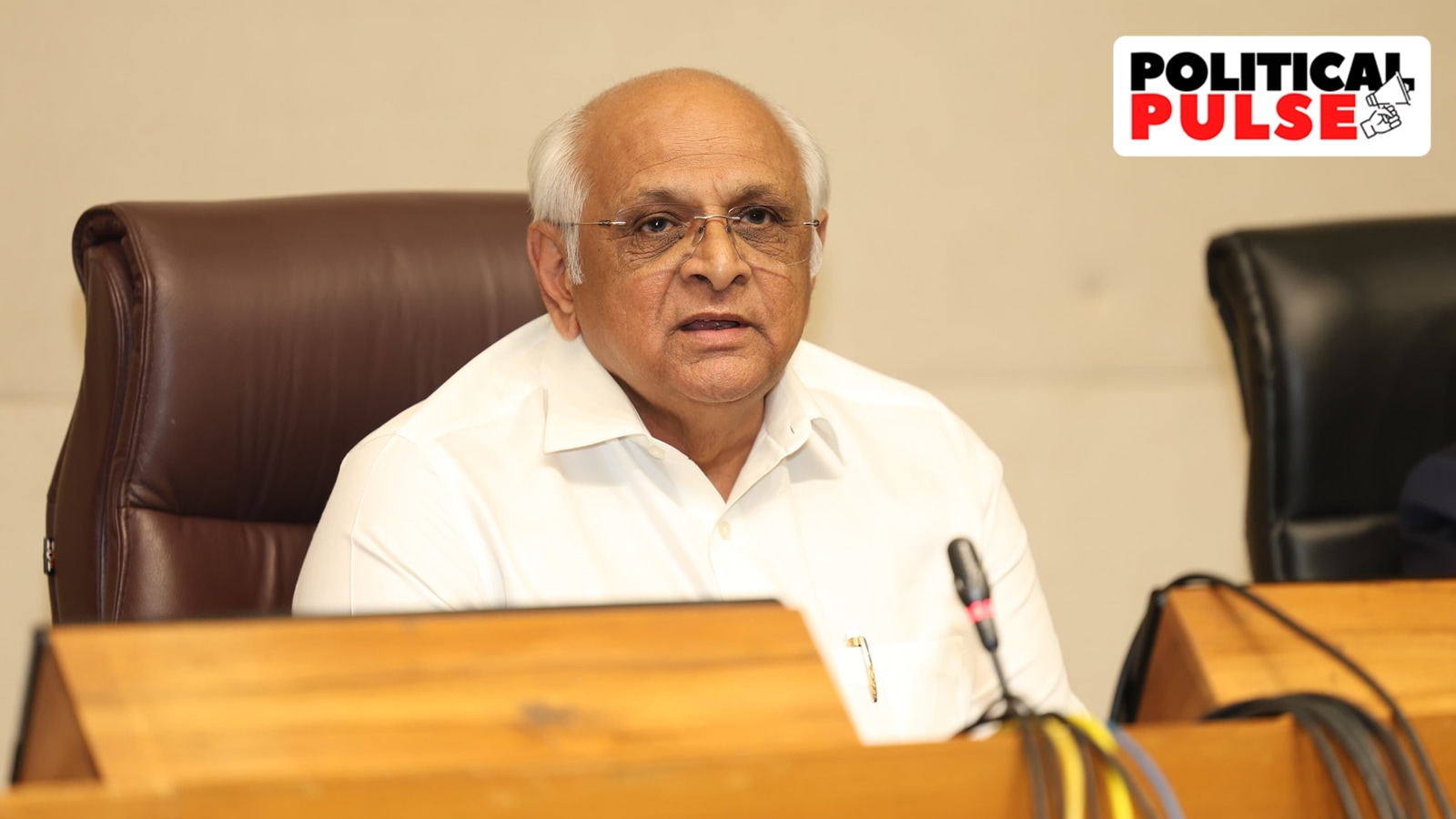 |
|
The state of Gujarat has taken a significant step towards the implementation of a Uniform Civil Code (UCC), a contentious issue in India. Following the lead of Uttarakhand, which recently implemented its own version of a UCC, Gujarat has formed a five-member committee to assess the need for a UCC and draft a potential law. This committee, headed by retired Supreme Court Justice Ranjana Desai – the same judge who led the Uttarakhand committee – comprises legal experts, former bureaucrats, and social workers. The panel's mandate includes consulting with religious leaders and members of the public to gather diverse perspectives before submitting a report within 45 days. This timeline suggests a potentially rapid advancement of the UCC agenda in Gujarat, raising concerns amongst opposition parties and certain community groups.
The timing of the announcement, a day before Delhi elections and less than two weeks before Gujarat's local body polls, has drawn considerable criticism from opposition parties. The Congress and Aam Aadmi Party (AAP) have accused the ruling Bharatiya Janata Party (BJP) of using the UCC as an electoral ploy to divert attention from pressing issues like inflation and unemployment. They argue that the UCC, particularly concerning its potential impact on the rights and customs of minority and tribal communities, is being exploited for political gain. Concerns have been specifically raised about the potential ramifications for the large tribal population (approximately 14% of Gujarat’s population) and the Muslim minority (around 9%), who have expressed apprehensions about a uniform law overriding their existing personal laws and traditions.
The Gujarat government, however, maintains that its commitment to the UCC is genuine and aligns with Prime Minister Modi's national agenda. They cite the Uttarakhand model, which exempted tribal communities from the UCC, as a precedent that Gujarat intends to follow. The state’s home minister, Harsh Sanghavi, emphasized the government's intention to engage with religious leaders and diverse stakeholders to ensure a sensitive and inclusive approach. While the government emphasizes protection of tribal customs, critics remain skeptical, questioning the practicality and fairness of a UCC that selectively exempts certain groups. The potential for communal disharmony arising from a poorly implemented UCC also remains a significant concern.
The BJP's strategy appears to be a cautious one, learning from Uttarakhand's experience. A senior BJP official acknowledged the sensitivity of the UCC issue and the party's initial wait-and-see approach. The relatively smooth implementation in Uttarakhand, albeit with exemptions, seems to have emboldened the BJP to proceed with a similar approach in Gujarat. The success or failure in Gujarat could serve as a model (or a cautionary tale) for other BJP-ruled states, potentially accelerating UCC implementation nationwide if deemed politically expedient. The selection of Justice Desai to head both committees also suggests a strategic attempt to ensure consistency and efficiency in the process.
The debate surrounding the UCC in Gujarat highlights the complex interplay between politics, religion, and law. While proponents see it as a step towards national integration and gender equality, critics highlight the risk of undermining the diverse cultural fabric of India. The opposition's accusations of the BJP using the UCC for political opportunism, especially considering the upcoming elections, underscore the deep political divisions the issue generates. The outcome of the Gujarat committee’s deliberations, and subsequent actions by the state government, will have significant ramifications not only for Gujarat but also for the national political discourse on the UCC and its future implementation across the country. The committee's report, if delivered within the stipulated timeframe, could lead to a bill being introduced during the upcoming state budget session, potentially marking a significant turning point in Gujarat's legal and social landscape.
Source: Gujarat sets UCC rolling, picks same head as Uttarakhand for panel
